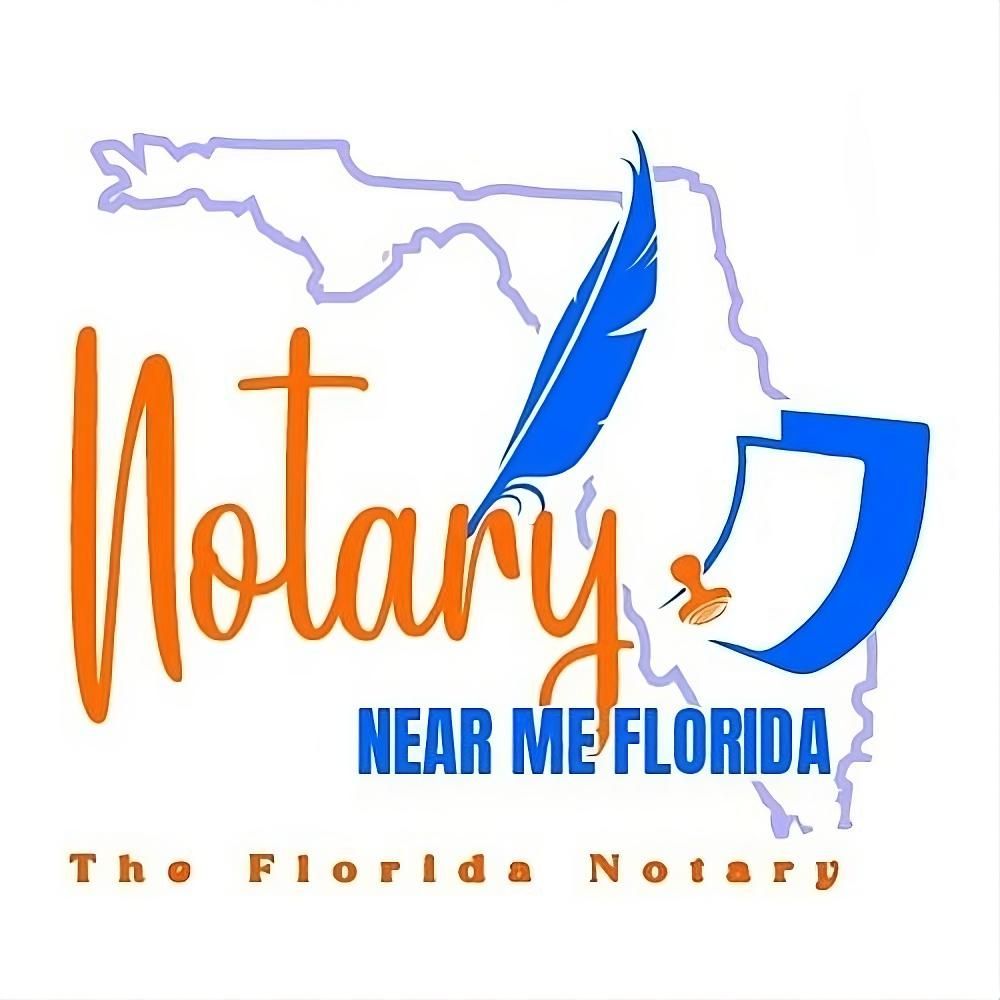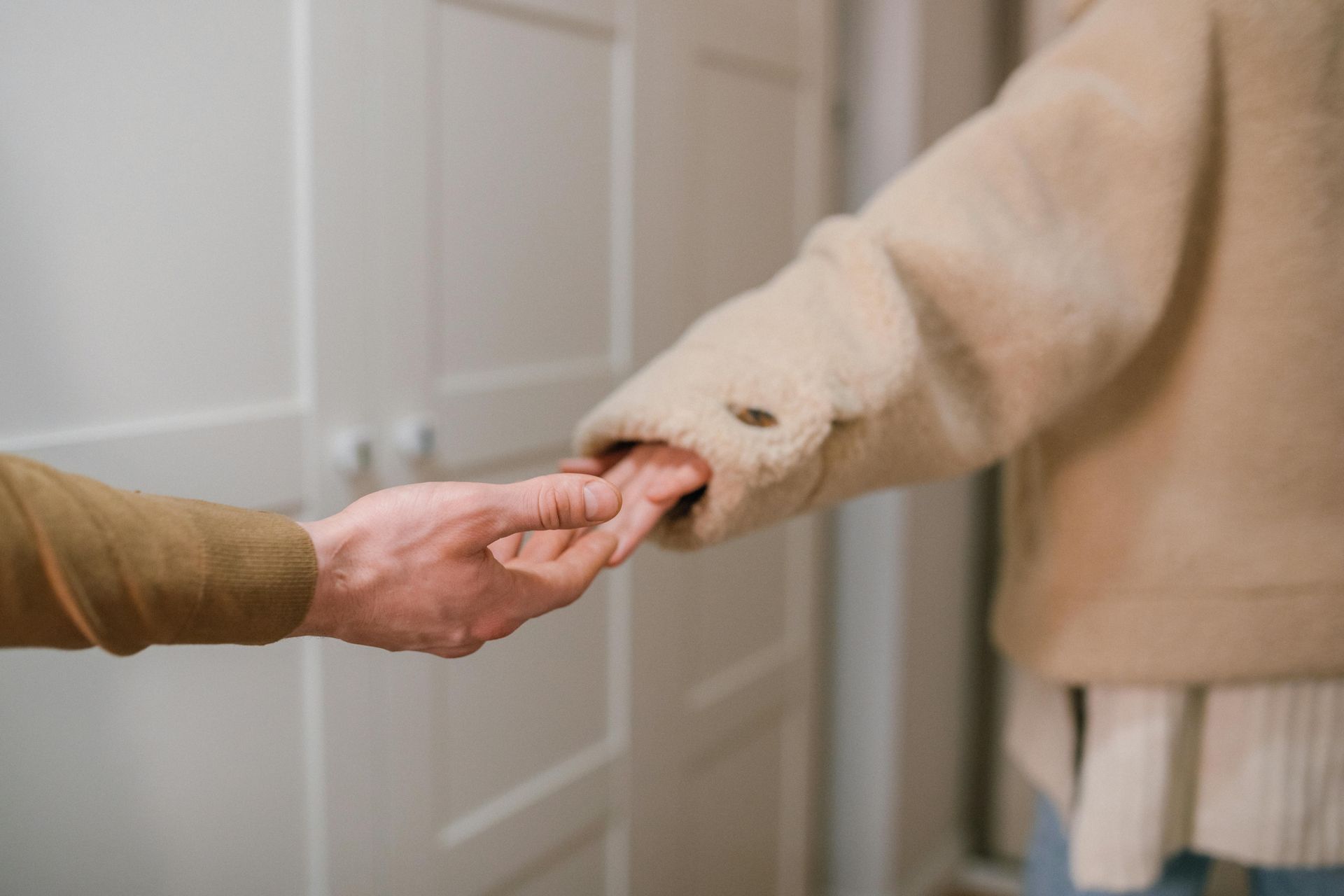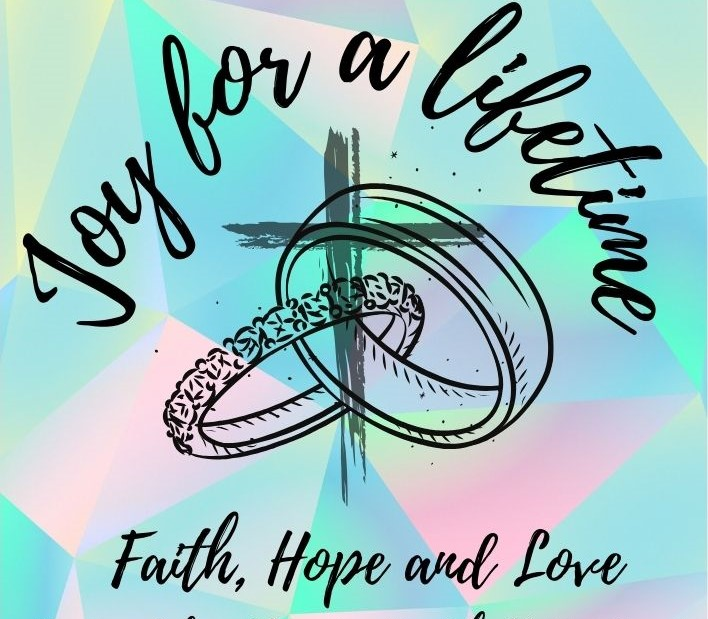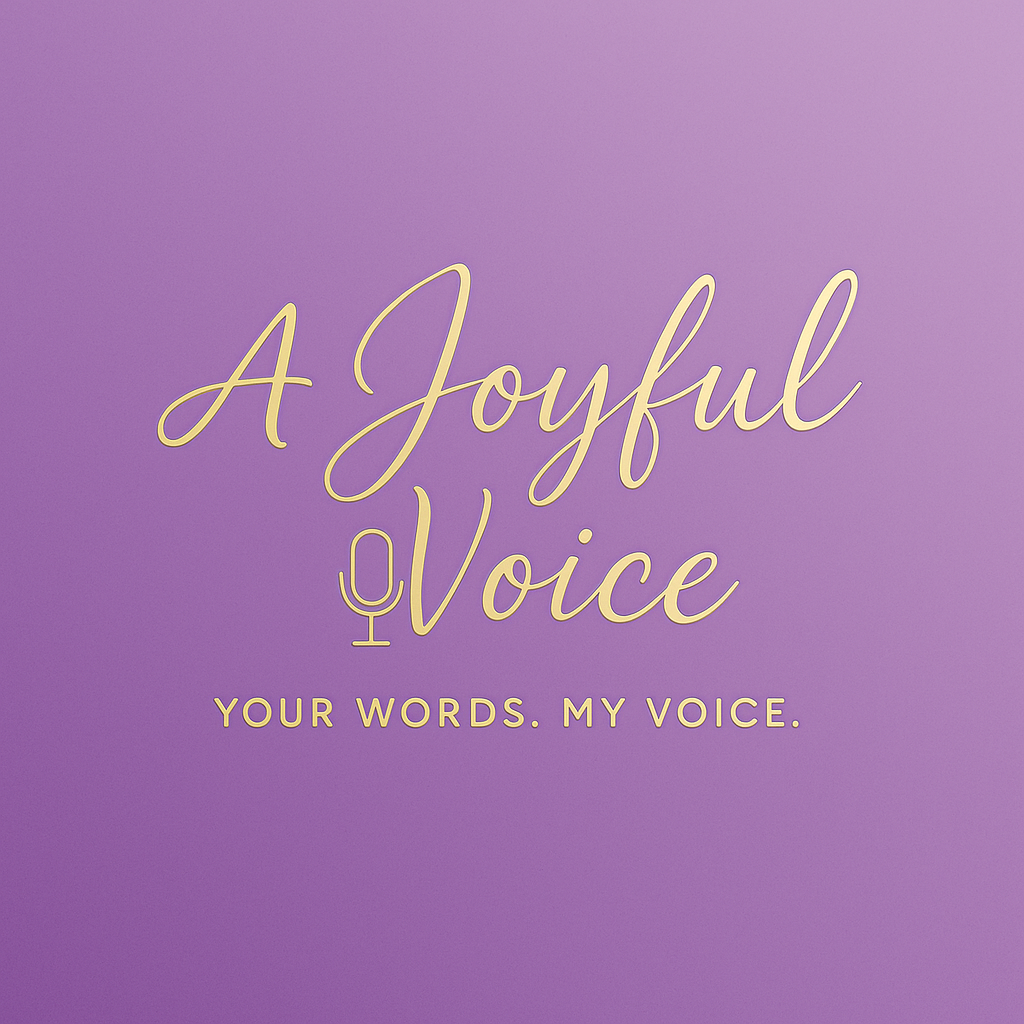From 'NL' to NJ: A Real-Life Look at Remote Online Notarization
When attorney Kaitlyn contacted me, she already knew the solution for her clients: Remote Online Notarization (RON). Her signers were in two different states and the document required two witnesses. In the past, that kind of scenario would have meant delays, travel, and logistical headaches. With RON, however, it could all be handled online in one secure session.
Kaitlyn wanted to confirm that I could facilitate the notarization, and she also needed to know what the costs would be. As always, before quoting fees, I asked a few key questions: What kind of document was being signed? How many notarizations (or stamps) would it require? Would witnesses be needed, and if so, could she provide them or would I need to supply them for an additional fee? These details matter, because costs for RON depend on several factors including the number of documents, how many stamps are required, and whether witnesses must be supplied. In Florida, notaries may also charge administrative or document-handling fees. I always review these details upfront so clients know exactly what to expect.
Kaitlyn confirmed she had witnesses. She provided me with the names and email addresses of the signers and witnesses, and I scheduled the session for a time when everyone could attend. She also wanted to observe, which I arranged by sending her an invitation to join as an Observer.
When she sent me the document to upload, I noticed a problem: one of the witness addresses was listed with the state as “NL,” which isn’t a valid U.S. state code. Using the zip code, I realized it should have been “NJ.” I reached out to Kaitlyn immediately, and she sent me a corrected document minutes before the session. This highlighted a key lesson: whether the document preparer, an attorney, or the signer themselves is providing the paperwork, it is always important to carefully review the details for accuracy before the signing begins.
When the day of the session arrived, we began with the authentication process. In RON, one of the most important roles of the notary is to verify that signers are who they say they are. The platform I use allows for two types of identity verification: KBA (Knowledge-Based Authentication) and Biometrics.
KBA asks personal history questions—old addresses, lenders, or other background details. Signers get three chances to answer correctly. If they fail all three attempts, they cannot complete a RON that day, even on a different platform. Biometrics, on the other hand, is faster and more straightforward, comparing an ID to a live selfie. Both methods are secure, but in my experience, Biometrics often provides a smoother option, especially when timed security questions are difficult for participants.
At first, the witnesses ran into a problem: they were trying to authenticate using the same device. Since each participant must log in with a unique link, they needed to be on separate devices. I guided one to stay on the computer and the other to switch to a phone. Even then, both witnesses struggled with the KBA questions and failed twice. Rather than risk them failing completely, I suggested switching to Biometrics. With the assistance of a family member, both were able to complete the process successfully.
The signing then proceeded, though one witness noticed the address listed for them on the document was incorrect. Once again, I paused, confirmed with Kaitlyn, obtained the correct information, and made the adjustment. After about an hour of troubleshooting, the notarization was complete. What was expected to take 15 minutes stretched out much longer—but thanks to patience, flexibility, and teamwork, it was finalized.
And here’s one of the major benefits of RON: the notarized document was available for immediate download once the session ended. No waiting for mailing, scanning, or in-person delivery. Despite the bumps along the way, Kaitlyn and her clients had their document in hand securely and conveniently.
This experience reinforced several takeaways. Preparation matters. Witnesses must be ready with their own devices. Authentication can take different paths, but having both KBA and Biometrics available ensures flexibility. And above all, Remote Online Notarization is a powerful option—whether your signers are across town or across the world, RON allows documents to be completed securely online, provided the state where the document will be used permits notarization by RON.
At Notary Near Me Florida, I highly recommend RON to attorneys, families, and businesses who need convenience without sacrificing security. If you’re ready to schedule a remote notarization, call or text 813-239-4117 today. You’ll have peace of mind knowing your signing is handled professionally, securely, and with care. Trusted for life’s documents, chosen for life’s moments.
What Makes Notary Near Me Florida Stand Out?
When it comes to notarization and officiating services in Florida, Notary Near Me Florida goes beyond the basics to offer convenience, customization, and care:
- Mobile Notary & Wedding Officiant Services
Flexible scheduling that fits your life—whether you're at home, at work, or planning a special event. - Remote Online Notarization (RON)
Ideal for out-of-state clients or those who are homebound, offering secure and accessible notarization from anywhere. - Transparent, All-Inclusive Pricing
No hidden fees—just clear, upfront rates you can trust. - Custom Wedding Ceremonies
Personalized vows, unity rituals, and ceremony planning to make your day unforgettable. - Experienced & Compassionate Service
Reliable, client-focused, and always delivered with a warm, professional touch.
📞 Call or Text
813-239-4117 to book or ask questions
📍 Serving Tampa Bay and surrounding areas
Our Sister Services
Alongside Notary Near Me Florida, we also serve couples through Joy for a Lifetime, our faith-based wedding officiant service, and inspire audiences through A Joyful Voice, providing heartfelt voiceovers for weddings, affirmations, and other special occasions.














